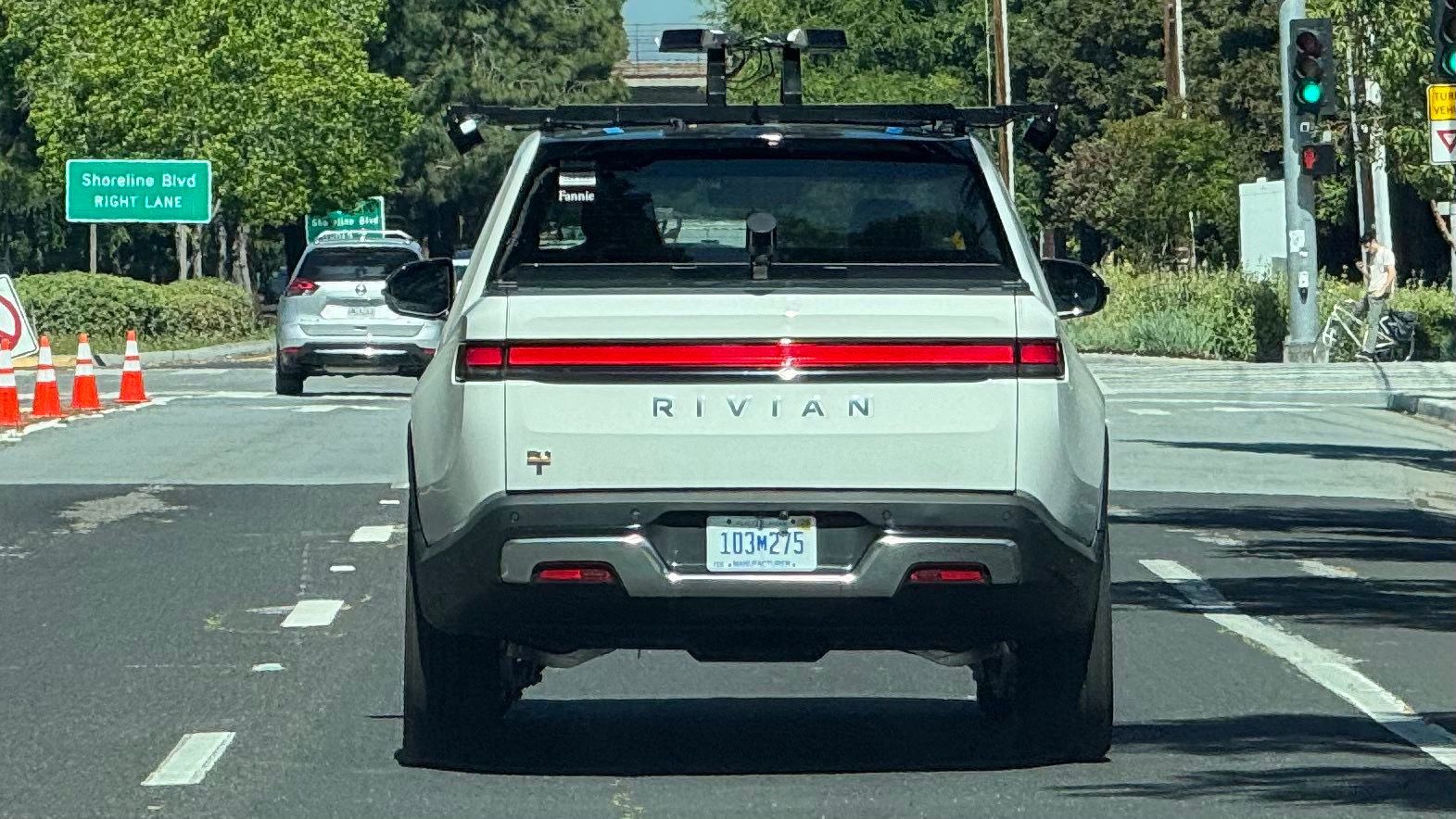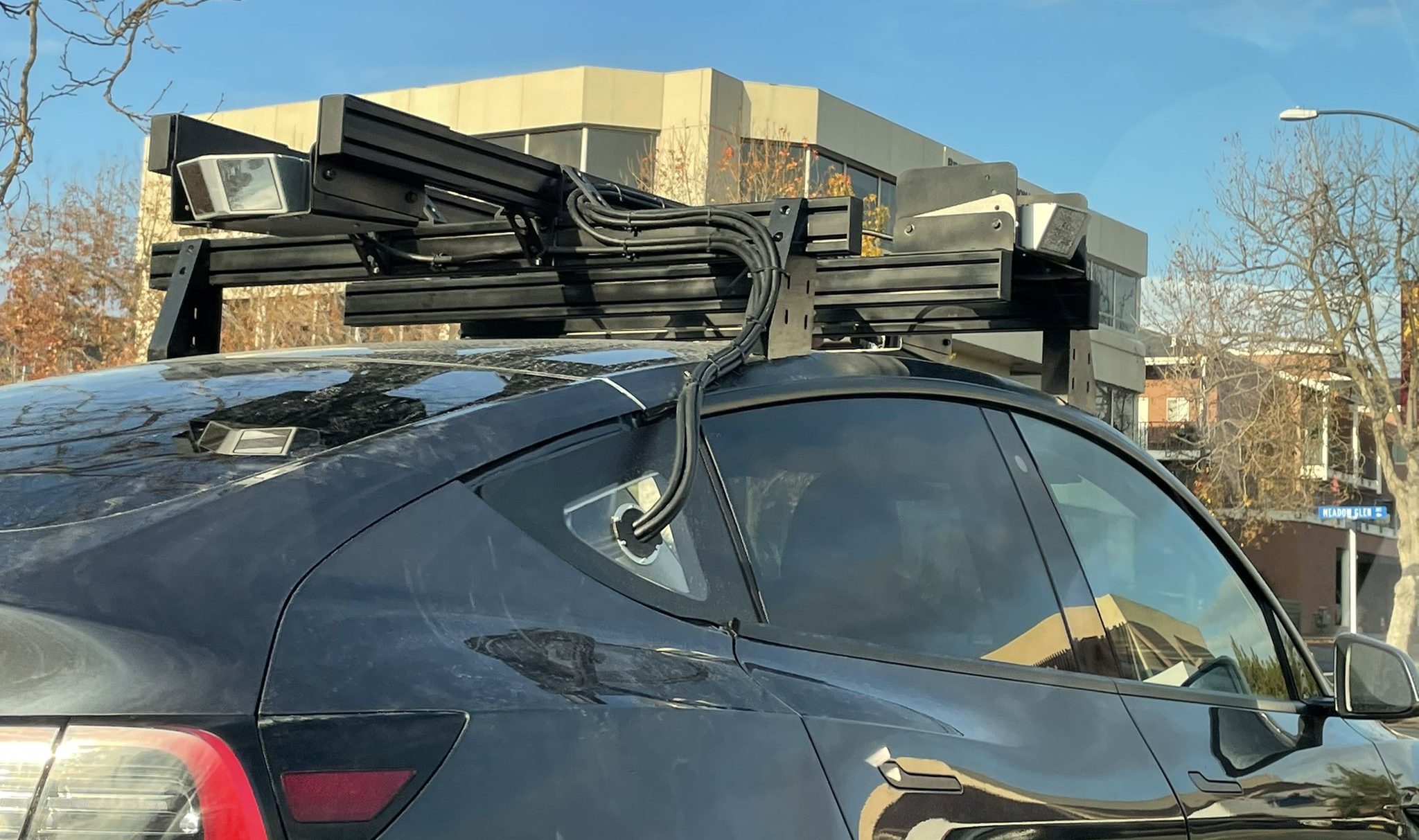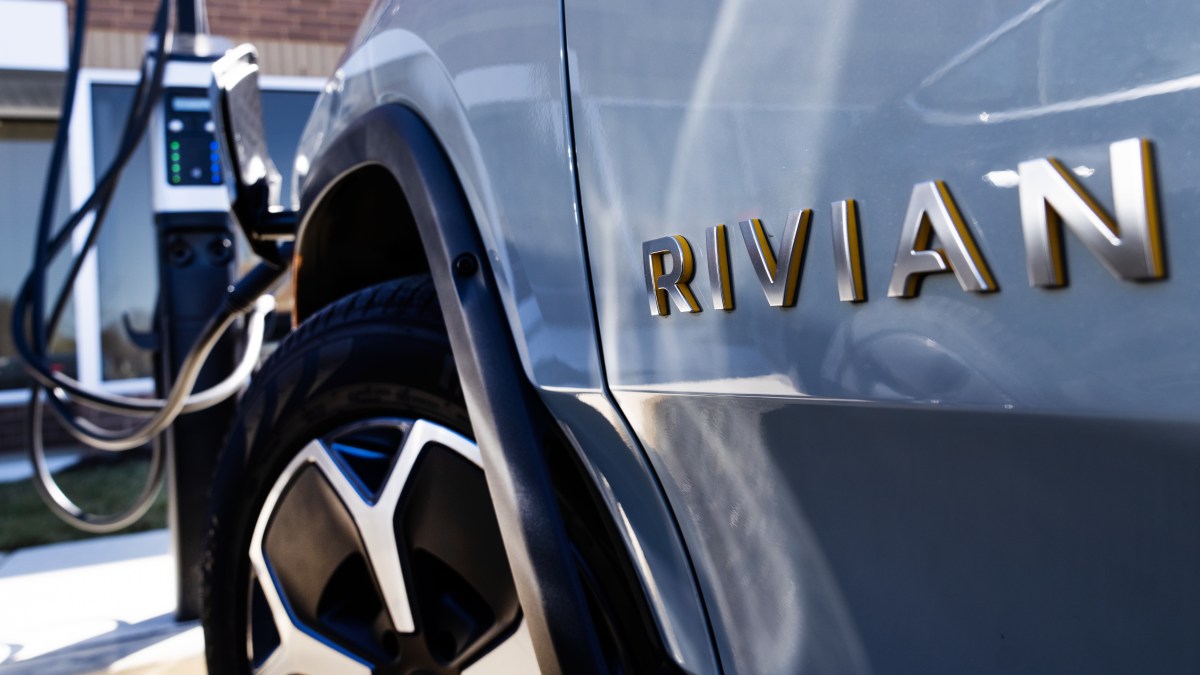I've not spent a lot of time reading RT valuations, but can any market be "ridiculously lucrative" as folks claim if there are competitors in the space? Look at NVDA with a monopoly on AI chips, lucrative, 80%+ market share. When Tesla sold $68k MY and had no inventory, with really zero other EV options, lucrative. SpaceX sending rockets with 0 competitors, lucrative. See the pattern?
I don't believe that RT will be as lucrative (don't even need to read reports) as others believe because Waymo is already in existence and there are also known things like Uber/Lyft drivers. Verge is coming from a manufacturer that's not bankrupt, already has contracts with like 14 cities, profits, top tier product (Nevera), completely from the ground up pure taxi platform, Mobileye is out there, Wayve is out there, every other manufacturer has autonomy driving divisions (Ford, GM), etc. Full self / autonomous driving has been a "known" quantity for well over a decade really and discussed/mainstream/in public since as long as I can remember and has been researched for extremely long. This wasn't true for AI (outside of industry workers). It's not like a "new" bet.
I feel there will simply be a race to the bottom IMO unless you truly believe Waymo (funded by trillion valued market cap google) will just concede (as well as every other company going after this space) this whole market to Tesla. Similar to Elon being able to fund X forever, Google can fund Waymo for a long long while.
Like the price war for EVs, companies WILL compete on price making those profits (as we see in EVs) not as high. Uber/Lyft drivers with also poor skills, bad job prospects will also compete on price. Sure, if Optimus comes out very soon and it can replace the adult industry in that segment, it'll be very lucrative, but that's probably so far off.
Things don't develop in a vacuum and this space is I feel, so very crowded already. Like even Tesla bulls, I don't buy people are going to let others use their cars for random strangers who will throw up in it, dirty it, and god knows, do whatever else in their personal cars. If you buy that belief, Tesla better have a good reveal on 8/8 because competitors are already having fully self driving taxis right now.
Another vid from AZ Waymo. It's already here, working in some cities.





/cdn.vox-cdn.com/uploads/chorus_asset/file/22658744/VRG05AH_210614_4634_006.jpg)

